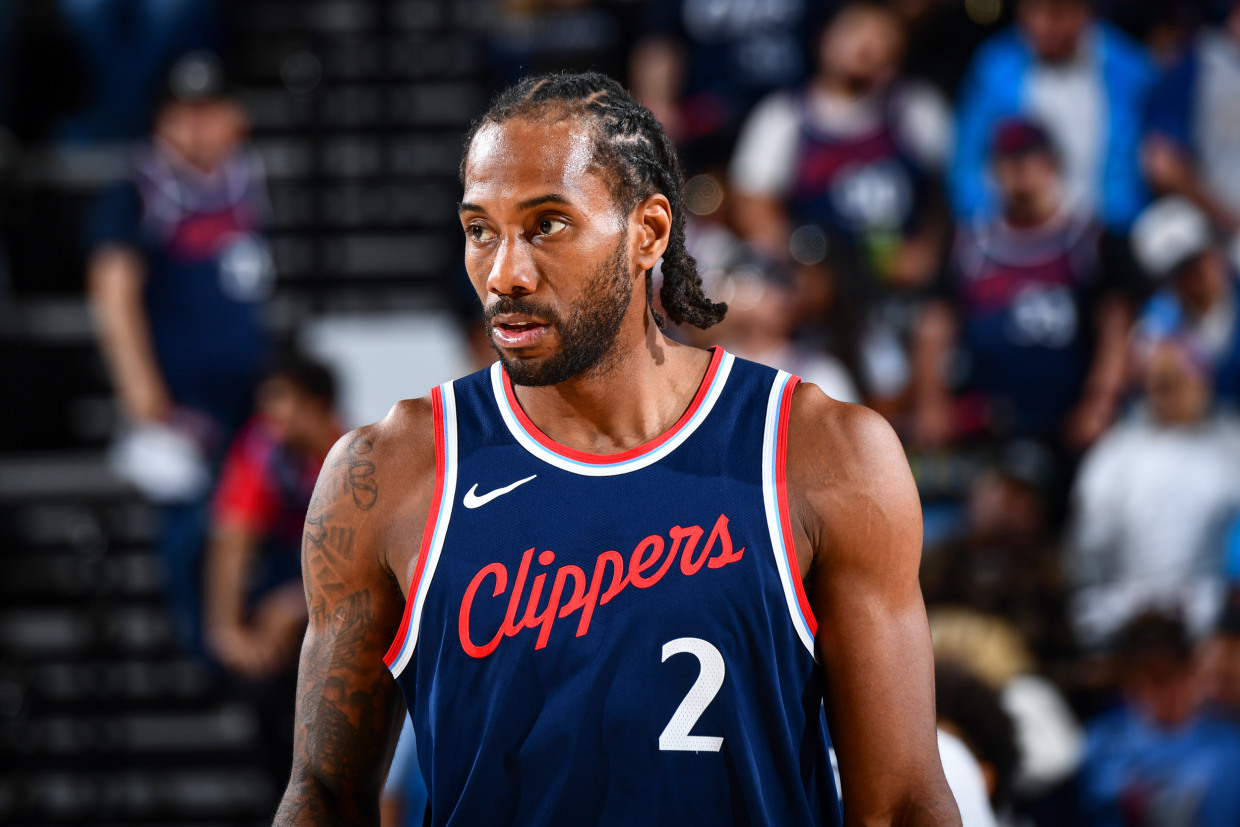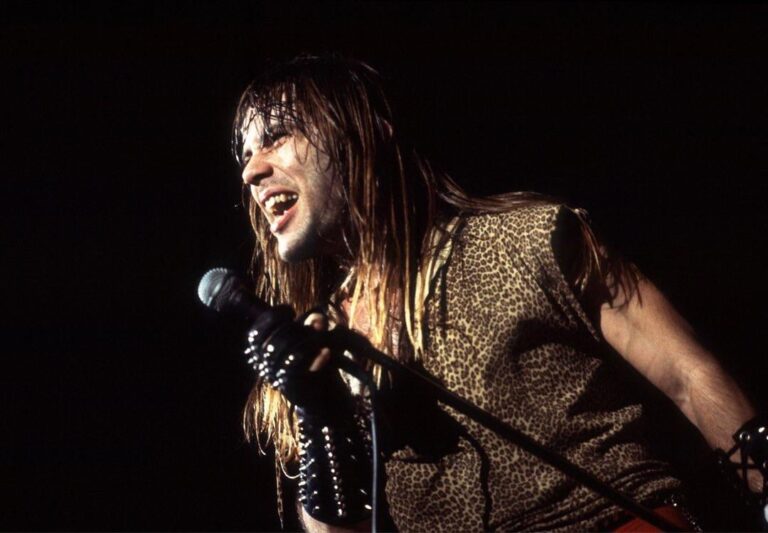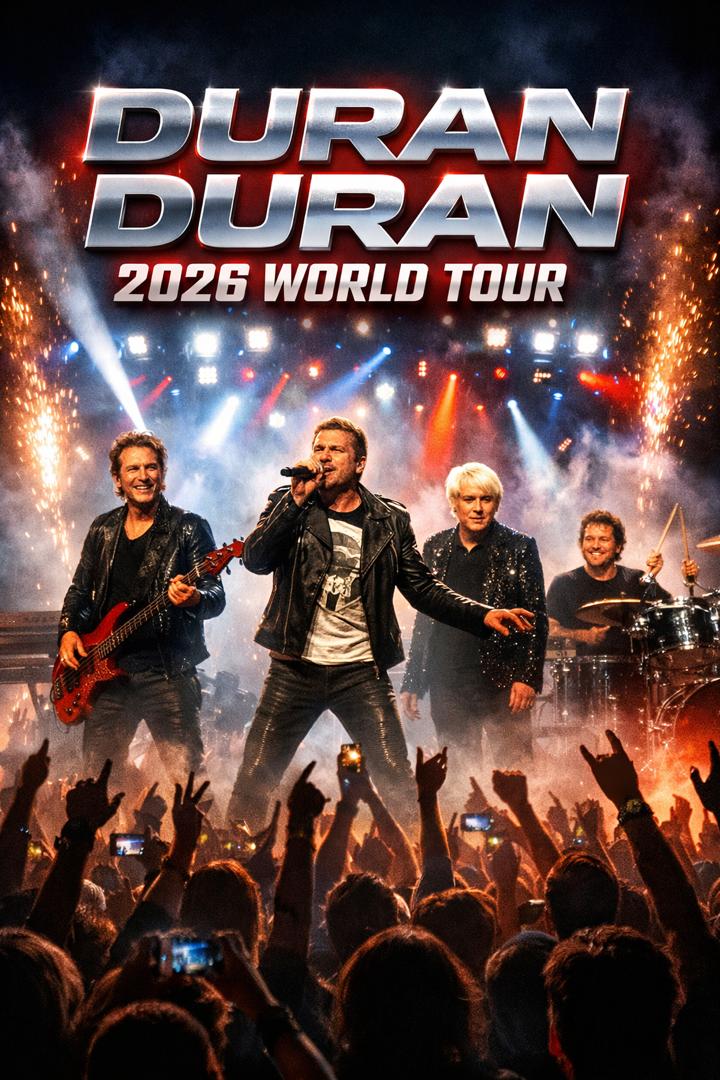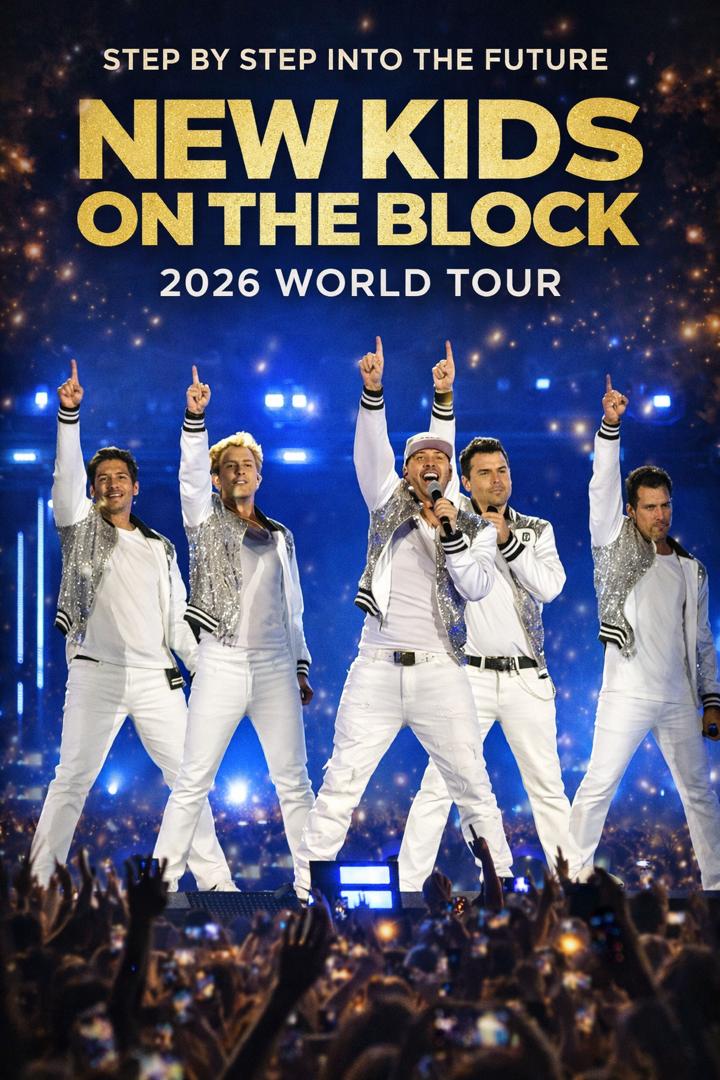
The NBA is once again under the spotlight, and this time the focus is on the Los Angeles Clippers and their superstar forward Kawhi Leonard. Reports suggest that the league has opened an investigation into a controversial $28 million “no-show” deal tied to Leonard’s availability. While details remain under wraps, the mere suggestion of a potential breach of rules has fueled debate about player accountability, team transparency, and the integrity of the competition itself.
Kawhi Leonard has always been a unique figure in the NBA. Unlike other stars who embrace constant media attention, Leonard has built his reputation quietly, letting his game do most of the talking. But ever since his move to the Clippers in 2019, questions have swirled about his availability. Between injuries and load management strategies, Leonard has missed a significant number of games, leaving fans, analysts, and even opponents frustrated at the lack of clarity around when he’ll suit up.
The alleged $28 million deal at the center of the probe appears to focus on whether Leonard received financial compensation despite missing large portions of playing time. If proven, this could be interpreted as an intentional arrangement that violates league rules on contracts and fair competition. It raises uncomfortable questions about whether the Clippers created an unfair advantage by structuring agreements outside the spirit of the NBA’s salary cap system.
For the Clippers, the stakes could not be higher. The franchise invested heavily in Leonard and Paul George, giving up a mountain of draft picks and financial flexibility in hopes of contending for an NBA title. Instead of glory, the Clippers have been dogged by injuries, inconsistent playoff runs, and criticism that their stars lack accountability. An official punishment from the league would only deepen that narrative, potentially crippling the team’s future in terms of roster building and competitiveness.
The NBA itself also finds its reputation on the line. Commissioner Adam Silver has made no secret of his desire to crack down on load management, particularly in nationally televised games where fans pay premium prices expecting to see superstars on the court. If the Clippers are found guilty of circumventing rules, the league will be under pressure to act decisively. Anything less could send a dangerous message to other franchises that bending the rules is acceptable as long as it benefits business.
Meanwhile, fans have voiced growing frustration over situations like these. The NBA is an entertainment product, and for many, it feels unfair to purchase tickets or watch broadcasts expecting Leonard to play, only to find him sidelined with little explanation. The “no-show” deal investigation touches on the deeper issue of fan trust — how much transparency do supporters deserve, and where does player health legitimately fit into the equation?
For Kawhi Leonard personally, this controversy risks overshadowing an otherwise remarkable career. He is a two-time Finals MVP, a lockdown defender, and one of the most dominant two-way players of his generation. Yet, his time in Los Angeles has increasingly been defined by absences rather than achievements. If this investigation ends negatively, Leonard’s reputation could shift from being remembered as a silent assassin to a superstar whose legacy was clouded by questionable availability and scandal.
Ultimately, the outcome of this probe could set a precedent for years to come. Should the Clippers face severe penalties such as fines, draft pick forfeitures, or even disqualification from future dealings, it will serve as a warning to other organizations about the consequences of bending the rules. On the flip side, if the NBA’s investigation finds no wrongdoing, it will only intensify the ongoing debate about player freedom, team accountability, and how the modern league balances health with entertainment.



